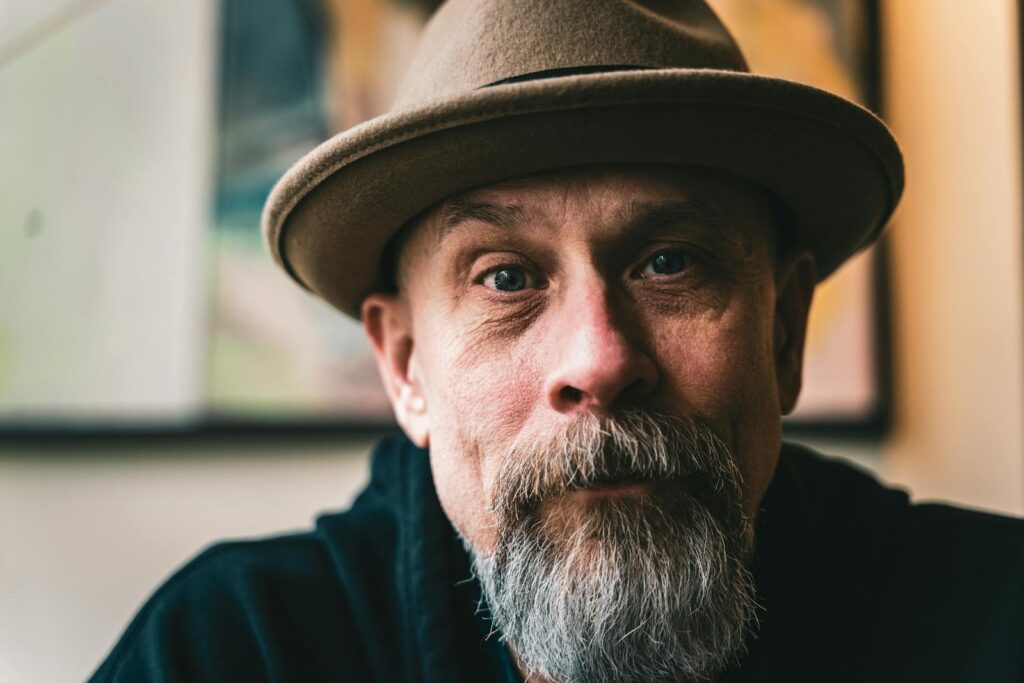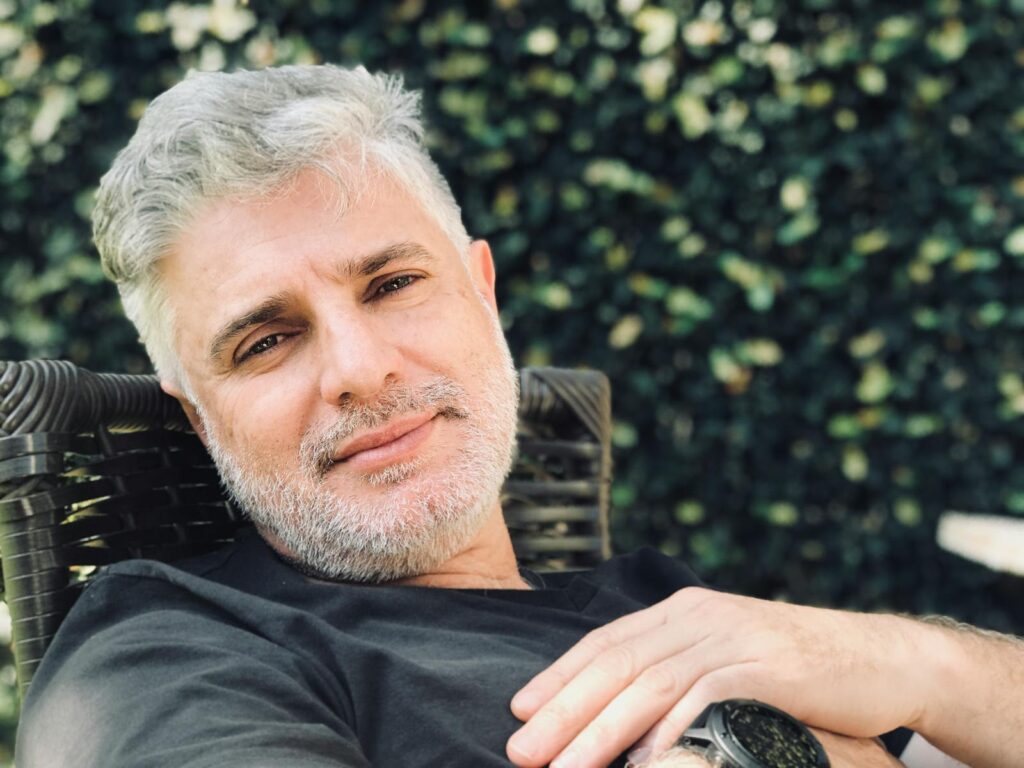Lifestyle
15 Boundaries Mentally Strong People Don’t Break

People with emotional strength protect their time, energy, and peace without guilt. They don’t let others walk all over them, and they don’t abandon themselves just to be liked. These boundaries may seem tough at first, but they’re the foundation of self-respect. Here are 15 boundaries mentally strong people don’t break.
They Don’t Say Yes When They Mean No

Mentally strong people don’t say yes just to avoid discomfort. They understand that agreeing out of guilt leads to resentment. Instead, they pause, assess, and speak honestly, even when it’s awkward. Saying no isn’t rude, it’s healthy. They protect their time and energy by responding from truth, not fear. Pleasing everyone isn’t their goal.
They Don’t Let Others Decide Their Worth

They don’t hand their value over to likes, compliments, or approval. They appreciate kind words, but they don’t need outside validation to feel secure. They know who they are, and they don’t adjust their personality just to fit in. When others doubt them, it stings, but it doesn’t shake them. Their worth isn’t up for debate, even when they’re misunderstood.
They Don’t Apologize for Their Boundaries

When they set a boundary, mentally strong folks don’t follow it with an apology. They believe that protecting their mental and emotional space is nothing to be sorry for. Whether it’s declining an invitation or ending a draining conversation, they stand firm. They understand that people who respect them won’t need an explanation for their limits, and those who don’t may not deserve access.
They Don’t Stay Silent to Keep the Peace

They won’t shrink just to avoid tension. If something feels wrong or unfair, they speak up, even when it’s uncomfortable. They value truth over temporary harmony. They know that silence can lead to resentment and that staying quiet just to keep others happy often costs you your self-respect. Peace, for them, starts with honesty—not pretending everything’s fine.
They Don’t Let Guilt Control Their Choices

Mentally strong people recognize guilt for what it is—a signal, not a command. They don’t say yes just to stop feeling bad, and they don’t act out of fear of being judged. They check in with themselves first and make decisions based on values, not pressure. Guilt may show up, but it doesn’t run the show.
They Don’t Give Unlimited Access to Their Time

Their time matters, and they protect it. Just because they’re free doesn’t mean they’re available. Mentally strong people plan for rest, reflection, and personal goals. They don’t overcommit or let others treat their schedule like an open calendar. They know that boundaries around time aren’t selfish. They’re necessary for growth, peace, and purpose.
They Don’t Tolerate Repeated Disrespect

They give second chances, but not endless passes. If someone repeatedly crosses the line, ignores their needs, or disrespects their space, they walk away. Forgiveness doesn’t mean putting up with bad behavior. They believe that love, friendship, or family ties don’t excuse harm, and they’re not afraid to distance themselves from those who keep causing pain.
They Don’t Explain Every Decision

Mentally strong people don’t feel the need to over-explain themselves. They may offer clarity when it’s needed, but they don’t feel guilty for choosing what’s best for them. “No” can be a complete sentence. They trust their judgment and don’t chase approval or try to soften every boundary to avoid discomfort. Some choices don’t need an audience—they just need to be made.
They Don’t Ignore Their Own Needs

They help others, but not at the expense of themselves. They check in with how they feel and what they need, and they don’t wait for someone else to give them permission to rest, say no, or slow down. They understand that self-care isn’t selfish. In fact, it’s the foundation that helps them show up stronger in every part of life.
They Don’t Accept Toxic Positivity

They don’t pretend to be okay when they’re not. They won’t force a smile just to make others comfortable. Mentally strong people make room for real feelings—both theirs and others’. They value growth, not fake optimism. When life gets hard, they don’t dismiss pain with a “just be grateful.” They face it honestly, knowing strength means feeling, not faking.
They Don’t Try to Save Everyone

They care a lot, but they know they can’t fix everyone. They offer support, not sacrifice. If someone refuses to help themselves or drains their energy over and over, they step back. They understand the difference between compassion and over-functioning. Trying to save everyone only ends up drowning both people, and they choose to stay afloat so they can truly help when it matters.
They Don’t Let Fear of Judgment Hold Them Back

They live by their values, not by what others might say. Mentally strong people know that judgment is inevitable. They won’t shrink, delay, or silence themselves to make others comfortable. Whether it’s pursuing a dream, speaking a truth, or setting a limit, they do what aligns with their integrity, even when others raise eyebrows or question their choices.
They Don’t Chase After People Who Pull Away

They believe relationships should be mutual. If someone starts pulling away or showing disinterest, they don’t beg or chase—they step back too. They know that a healthy connection shouldn’t require constant proving or pleading. They’d rather be alone in peace than in a relationship full of imbalance. Their self-worth doesn’t hinge on being chosen by the wrong people.
They Don’t Stay Where They’re Not Growing

Mentally strong people walk away from places, people, and patterns that keep them stuck. They value peace but also seek progress. Whether it’s a job, a friendship, or a routine, they’re not afraid to make a change when it’s clear they’ve outgrown it. They don’t stay small just to keep things familiar—they move forward, even when it’s scary.
They Don’t Break the Boundaries They Set for Themselves

They set boundaries with others, but also hold themselves accountable. They stop overworking when they promised rest. They don’t scroll for hours after saying they’d sleep early. They honor their goals, routines, and values, even when no one’s watching. That quiet self-discipline builds real confidence, and it shows in how they show up every single day.

